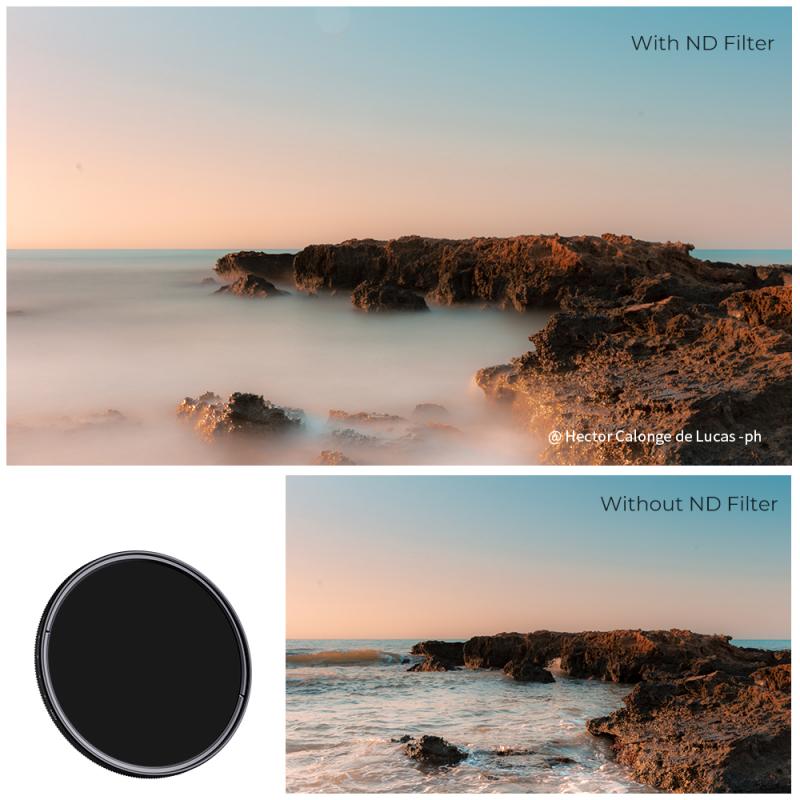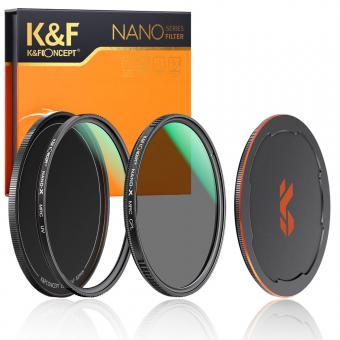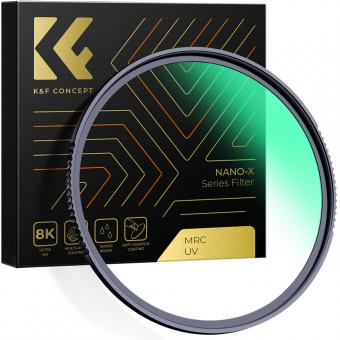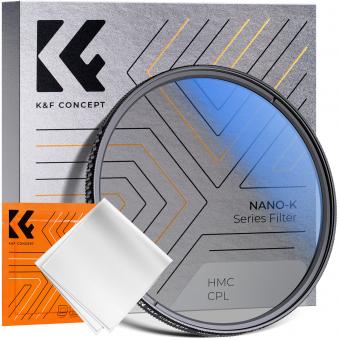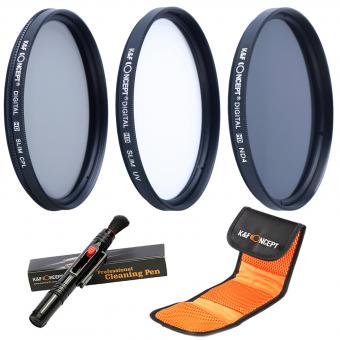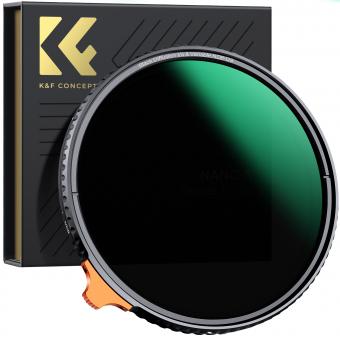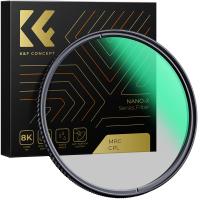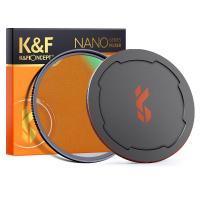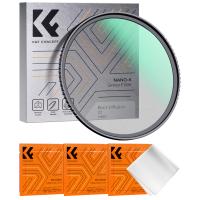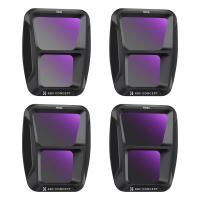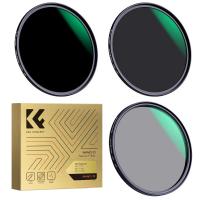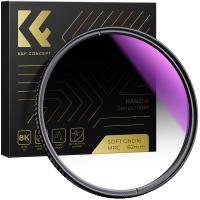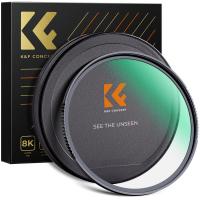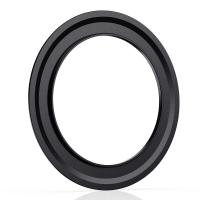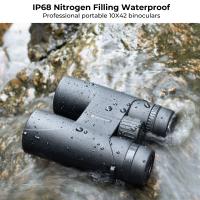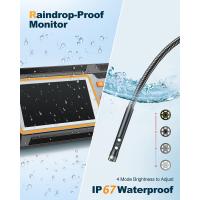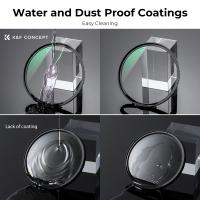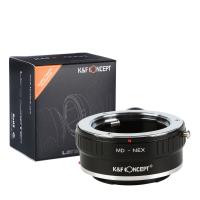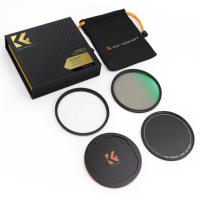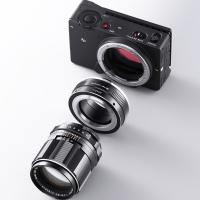What Is A Uv Filter For Fish Tank ?
A UV filter for a fish tank is a device that utilizes ultraviolet light to kill or inhibit the growth of microorganisms, such as bacteria, viruses, and algae, in the water. It is commonly used in aquariums to maintain water clarity and improve the overall health of the aquatic environment. The UV filter works by passing water through a chamber that contains a UV lamp. As the water flows past the lamp, the ultraviolet light emitted by the lamp damages the DNA of the microorganisms, preventing their reproduction and growth. This helps to reduce the risk of diseases and algae blooms in the fish tank, resulting in cleaner and healthier water for the fish and other aquatic inhabitants.
1、 Purpose of UV Filters in Fish Tanks
A UV filter for a fish tank is a device that utilizes ultraviolet light to kill or inhibit the growth of harmful microorganisms in the water. It is an essential component of a fish tank filtration system and is commonly used in both freshwater and saltwater aquariums.
The primary purpose of a UV filter is to maintain water clarity and quality by eliminating or reducing the presence of bacteria, viruses, algae, and other pathogens that can be harmful to fish and other aquatic organisms. The UV light emitted by the filter disrupts the DNA of these microorganisms, preventing them from reproducing and causing diseases.
In addition to its sterilizing effect, a UV filter also helps to control algae blooms in the tank. Algae can quickly multiply and cover the surfaces of the tank, leading to poor water quality and oxygen depletion. By using a UV filter, the growth of algae is significantly reduced, resulting in a cleaner and healthier environment for the fish.
Furthermore, a UV filter can aid in the prevention and treatment of certain fish diseases. It can help to control common ailments such as ich (white spot disease) and fin rot by reducing the number of pathogens present in the water. However, it is important to note that a UV filter should not be solely relied upon for disease prevention and treatment, and other appropriate measures such as regular water changes and proper fish care should also be implemented.
The use of UV filters in fish tanks has been a topic of debate among aquarium enthusiasts. Some argue that the constant exposure to UV light may have negative effects on beneficial bacteria and other organisms in the tank. However, recent advancements in UV filter technology have addressed these concerns by incorporating features such as adjustable intensity and flow rate control, allowing for a more balanced and controlled use of UV light.
In conclusion, a UV filter for a fish tank serves the purpose of maintaining water clarity, controlling algae growth, and preventing the spread of diseases. It is an important tool in ensuring the overall health and well-being of the fish and other aquatic inhabitants in the tank.
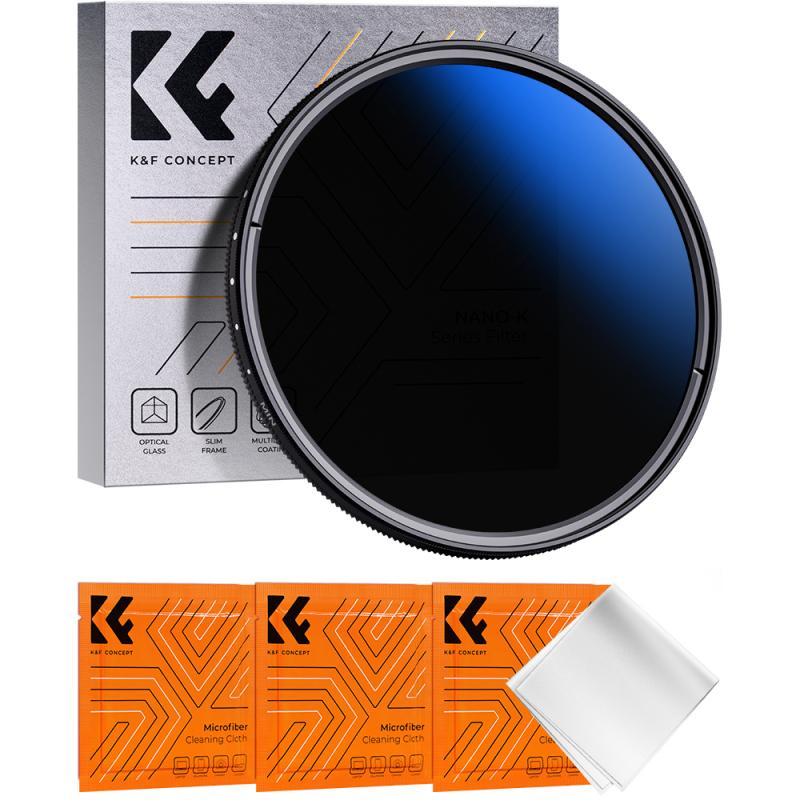
2、 Benefits of UV Filters for Fish Tank Health
A UV filter for a fish tank is a device that utilizes ultraviolet light to eliminate harmful bacteria, parasites, and algae present in the water. It is an essential component of a fish tank setup as it helps maintain a clean and healthy environment for the fish.
The primary benefit of a UV filter is its ability to control and prevent the spread of diseases among fish. Harmful microorganisms such as bacteria and parasites can cause various health issues, including infections and diseases. The UV light emitted by the filter disrupts the DNA of these organisms, rendering them unable to reproduce and effectively eliminating them from the water. This helps to reduce the risk of diseases and keeps the fish in optimal health.
Another advantage of UV filters is their ability to control algae growth. Algae can quickly multiply in fish tanks, leading to unsightly green water and depleting oxygen levels. UV filters effectively kill algae cells, preventing their growth and keeping the water clear and oxygen-rich. This not only improves the aesthetic appeal of the tank but also creates a healthier environment for the fish.
Furthermore, UV filters can help improve water clarity by removing suspended particles and organic matter. This results in crystal-clear water, allowing for better visibility and enjoyment of the fish. Additionally, UV filters can also aid in the removal of chemical pollutants and toxins, further enhancing water quality.
In recent years, there has been growing interest in the use of UV filters for fish tanks due to their potential to reduce the risk of certain viral infections. While research is still ongoing, some studies suggest that UV light can be effective in inactivating certain viruses, including those that affect fish. This could be a significant development in fish tank health, as viral infections can be highly contagious and devastating to fish populations.
In conclusion, UV filters play a crucial role in maintaining the health and well-being of fish in a tank. They help control diseases, prevent algae growth, improve water clarity, and potentially reduce the risk of viral infections. Investing in a high-quality UV filter is a wise decision for any fish tank owner looking to provide the best possible environment for their aquatic pets.
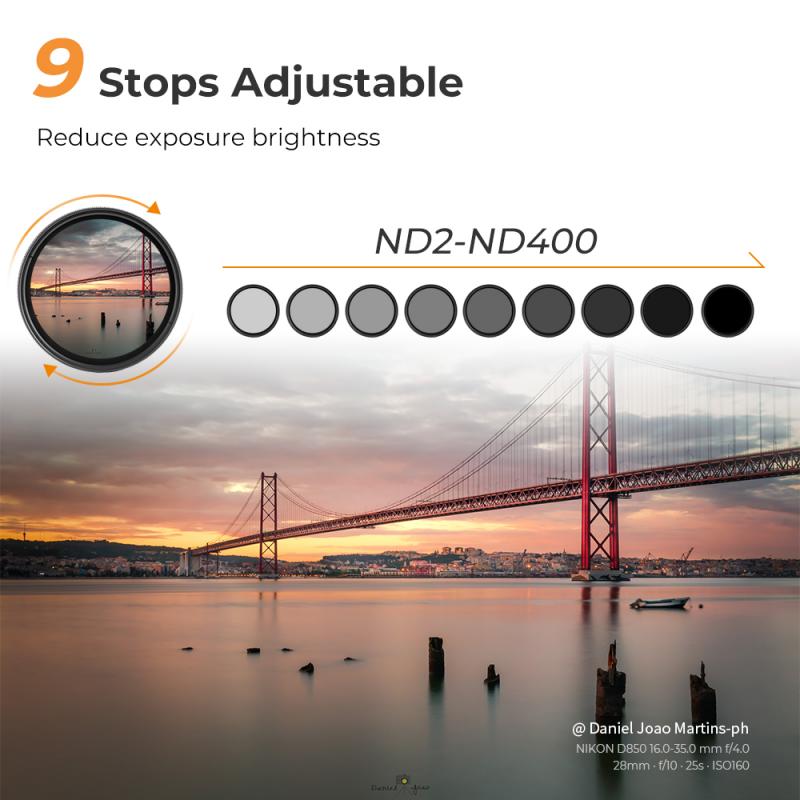
3、 How UV Filters Help Control Algae Growth in Aquariums
A UV filter for a fish tank is a device that utilizes ultraviolet light to control algae growth in aquariums. Algae is a common problem in fish tanks, as it can quickly multiply and cover surfaces, affecting the overall health and appearance of the tank.
UV filters work by exposing the water passing through the filter to ultraviolet light. This light effectively kills or sterilizes algae cells, preventing their growth and reproduction. By eliminating algae at the microscopic level, UV filters help to maintain a clean and clear environment for fish and other aquatic organisms.
In addition to controlling algae growth, UV filters also offer other benefits for aquariums. They can help to reduce the risk of diseases and infections by killing harmful bacteria and parasites that may be present in the water. This can be particularly important in heavily stocked tanks or in tanks with sensitive or delicate fish species.
Furthermore, UV filters can improve water clarity by removing suspended particles and organic matter that can cause cloudiness. This not only enhances the visual appeal of the tank but also creates a healthier environment for the fish.
It is important to note that while UV filters are effective in controlling algae growth, they should not be solely relied upon. Proper aquarium maintenance, including regular water changes, cleaning of filters, and maintaining appropriate nutrient levels, is still necessary to ensure a balanced and healthy ecosystem for the fish.
In recent years, there has been a growing interest in the use of natural methods to control algae growth, such as the introduction of algae-eating fish or the use of live plants. While these methods can be effective, UV filters remain a popular and reliable option for many aquarium enthusiasts.
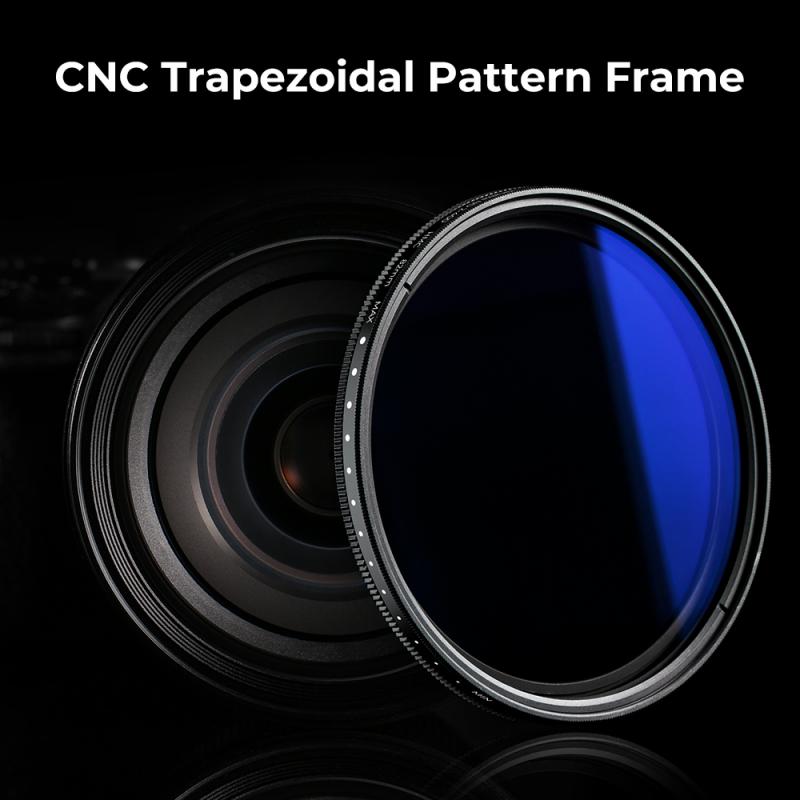
4、 UV Filters and Water Clarity in Fish Tanks
A UV filter for a fish tank is a device that utilizes ultraviolet light to kill or inhibit the growth of harmful microorganisms in the water. It is an essential component of a fish tank filtration system, as it helps maintain water clarity and ensures a healthy environment for the fish.
UV filters work by exposing the water to ultraviolet light, which effectively destroys bacteria, viruses, and parasites that may be present in the tank. This helps prevent diseases and infections from spreading among the fish population. Additionally, UV filters can also help control algae growth, as the UV light disrupts the reproductive cycle of algae cells, reducing their numbers in the tank.
Water clarity is crucial in a fish tank, as it allows for better visibility and enjoyment of the fish. A UV filter can significantly improve water clarity by eliminating suspended particles and organic matter that can cause cloudiness. This results in a cleaner and more aesthetically pleasing tank.
The latest point of view regarding UV filters in fish tanks emphasizes their importance in maintaining water quality. Research has shown that UV filters can effectively reduce the risk of disease outbreaks and improve overall fish health. They are particularly beneficial in heavily stocked tanks or those with sensitive fish species.
However, it is important to note that UV filters should not be solely relied upon for water treatment. They should be used in conjunction with other filtration methods, such as mechanical and biological filtration, to ensure optimal water quality. Regular maintenance and cleaning of the UV filter are also necessary to ensure its effectiveness.
In conclusion, a UV filter for a fish tank is a valuable tool for maintaining water clarity and promoting fish health. It helps eliminate harmful microorganisms and control algae growth, resulting in a cleaner and healthier tank environment.
